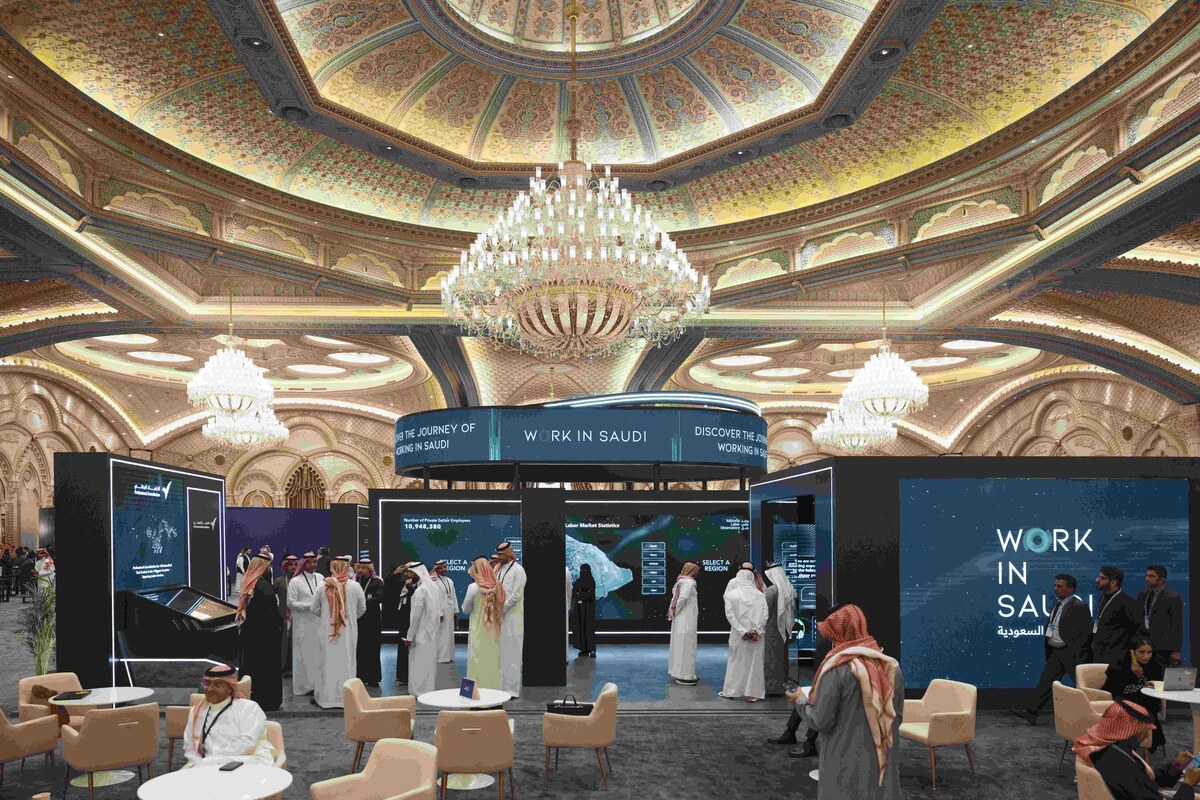JEDDAH: Saudi Arabia will eliminate fees for all customs services related to exports and cut import service fees to 0.15 percent of the goods’ value starting Oct. 6, according to an official release.
The Zakat, Tax, and Customs Authority announced these changes to simplify trade processes and support business activities. The new fee structure introduces an SR15 ($4) charge for customs declaration processing on individual shipments from online stores valued up to SR1,000.
Previously, import fees included SR100 for X-ray inspections per container, SR100 for information exchange services, and SR20 for customs declaration processing. Under the revised system, the maximum import fee will be capped at SR500, with a minimum fee of SR15.
The adjustments are designed to reduce financial burdens on exporters, particularly small and medium-sized enterprises, and to enhance competitiveness. The updated fee structure will standardize costs across land, sea, and air transport, leading to more efficient trade facilitation and economic benefits.
ZATCA has detailed the expected impacts of its new customs fee waiver for Saudi businesses, noting that the changes will enhance the competitiveness and efficiency of the country’s export sectors. The adjustments are designed to reduce import costs and simplify trade procedures, aiming to support the growth of e-commerce.
The introduction of an SR15 flat rate for shipments purchased through online stores underscores ZATCA's commitment to advancing e-commerce and digital trade. This measure is expected to benefit Saudi Arabia’s growing e-commerce sector by lowering cross-border online shopping costs and increasing accessibility to global goods for Saudi consumers.
Recently, ZATCA has announced a series of new initiatives intended to improve trade operations and support the Kingdom’s economic growth, aligning with the nation’s Vision 2030. These initiatives include the Saudi Authorized Economic Operator Program, which aims to streamline customs clearance for trusted businesses. This program provides faster processing, fewer inspections, and priority handling at customs ports for businesses that consistently adhere to regulations.
The Authorized Economic Operator Program is anticipated to simplify international trade for these trusted operators and enhance overall efficiency.
In a major step toward digital transformation, ZATCA has also launched the National Single Window for Trade, known as FASAH. This platform consolidates all trade-related operations into a single digital interface, enabling businesses to manage import and export procedures electronically. FASAH simplifies document submission, approval processes, and shipment tracking, thereby reducing delays and improving transparency in trade operations.
Additionally, ZATCA has rolled out advanced e-tracking systems for shipments entering Saudi customs. This new system offers real-time tracking of goods, helping to minimize delays, reduce fraud risk, and boost logistics efficiency. The implementation of these e-tracking systems represents a significant advancement in Saudi Arabia’s supply chain management.
To encourage greater participation from SMEs in international trade, ZATCA has introduced supportive measures such as customs duty deferrals and simplified clearance procedures. These initiatives aim to ease financial and administrative burdens on SMEs, fostering their growth and engagement in global markets.
In June 2024, ZATCA relaxed the temporary admission regulations for heavy machinery and equipment. This policy change benefits international contractors working on major infrastructure projects by reducing customs duties on temporary imports and eliminating the need for frequent renewals, thereby facilitating smoother and more cost-effective project execution.
ZATCA invites customers and taxpayers to reach out with any inquiries through its unified 24/7 call center at (19993), its X account @Zatca_Care, email at [email protected], or via instant chat on the authority's website at zatca.gov.sa.



























